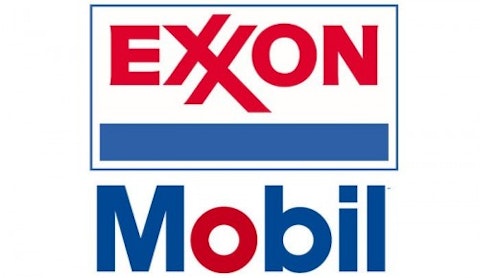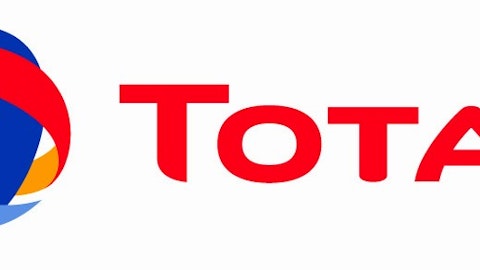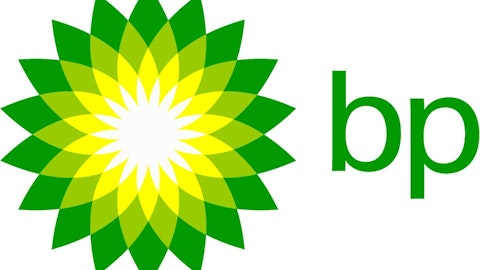The African continent has been in the news a lot over the past year. Unfortunately, each time it’s been a report of another tragic event involving terrorism taking the lives of innocents. While the foreign policy behind the attacks in Benghazi and Algeria will continue to be debated, what’s not in question is Africa’s growing importance in supplying the world’s energy needs.
That being said, the recent tragic attack on a BP plc (ADR) (NYSE:BP) operated natural gas production plant in Algeria is sure to make some companies question future involvement in the region. BP, which has said that it is committed to returning to Algeria, is reviewing its commitment to restart operations in Libya. Other operators are undoubtedly considering capital allocation decisions even more carefully in light of the increased risks.

One of BP’s venture partners in the Algerian facility that was attacked is Statoil ASA(ADR) (NYSE:STO). The company, like BP, has operations in a number of global locations, some of which are scattered throughout Africa, including a high-impact gas discovery off the coast of Tanzania.
Statoil, with partner Exxon Mobil Corporation (NYSE:XOM) has made the significant Zafarani and Lavani discoveries in the Block 2 area. The discoveries have proved up to 9 trillion cubic feet of gas in place. This discovery is in addition to Statoil’s important position off the coast of Angola which makes up the company’s largest contributor to production outside of Norway. Needless to say, Africa is very important to Statoil’s growth.
Not to be outdone by its partner in Tanzania, ExxonMobil continues its own quest to grow its African business. The No. 1 producer of natural gas in America recently acquired a 75% operating interest in the Tugela South Exploration Right concession off the coast of South Africa. ExxonMobil also has rights to acquire 75% interests in three future blocks off of the country’s coast.
The company also obtained exclusive rights to study 12.4 million acres in the Deepwater Durban basin for one year. In addition, it secured the right to apply for exploration permits if it chooses to explore the area. This is just the beginning of Exxon’s operations in the area as it believes that South Africa has significant potential, and it will keep looking for additional opportunities in the country.
The global oil majors aren’t the only companies looking to grow production by targeting Africa. Hess Corp. (NYSE:HES) also has key operations in Africa, including those in current African hot spots Algeria and Libya. The company has additional operations off the continent’s coasts with its positions in Ghana, Equatorial Guinea, and Egypt.
Hess recently discovered oil at its Pecan-1 well in the Deepwater Tano/Cape Three Points license off the coast of Ghana. The company has had considerable success with a total of six discoveries to date in the play. Hess holds a 90% stake; the Ghana National Petroleum Corp, as its partner, holds a 10% stake. The well was drilled to a total depth of 15,420 feet in a water depth of 8,245 feet. Hess next plans to drill 15 miles northeast of the Pecan discovery at its planned Cob prospect.




